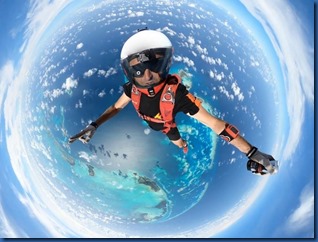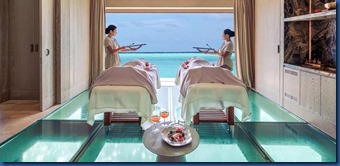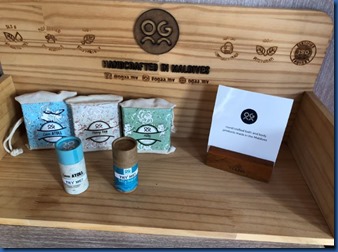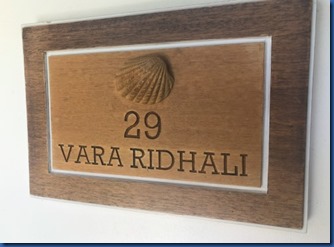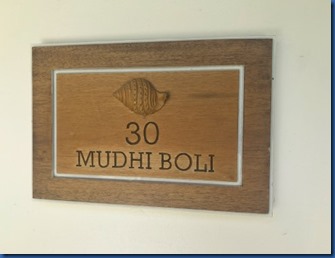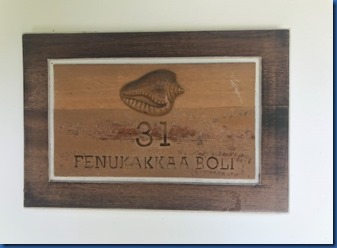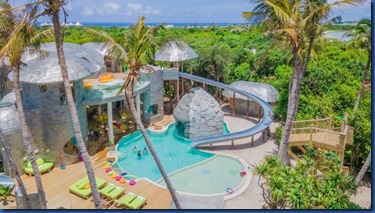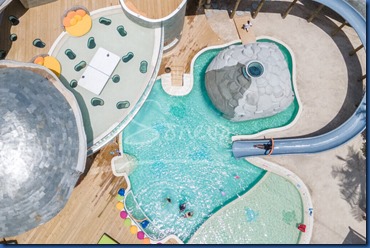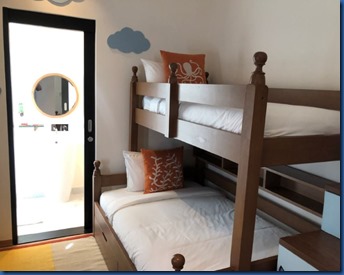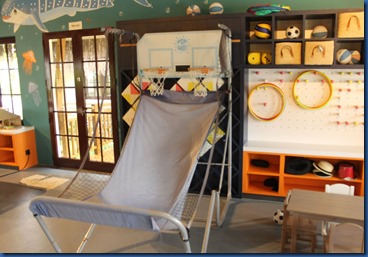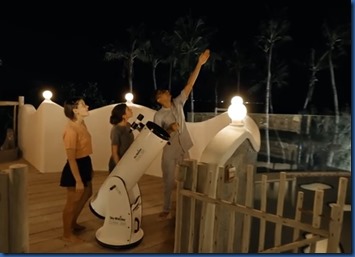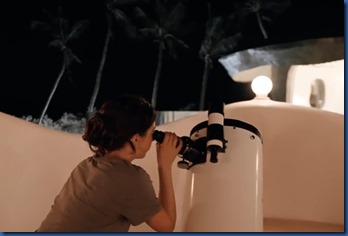Happy Leap Year! If you are looking to make a big leap on your bonus day, then Irufu offers the first regularly available (November through March for weather reasons) sky diving activity in the Maldives:
- “Ifuru Island Maldives has its own private airport and the resort has teamed up with world champion skydiver Will Penny to create the Maldives’ first permanent skydiving dropzone. Between the beginning of November and the end of March guests can take to the sky before enjoying a skydive over the Indian Ocean.”
I first proposed that someone offer skydiving in the Maldives in my very first “What I Haven’t Seen Yet” pieces. Shangri-La Vilingili offered it as a short-term offer a few years ago. Ifuru makes it possible because it has an airstrip on its island.

